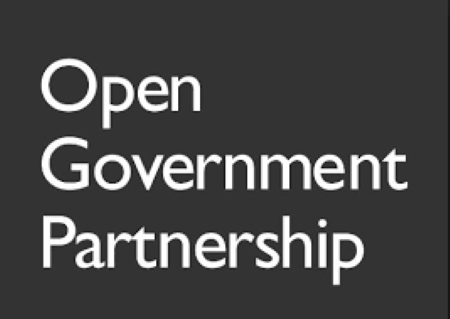When Abia State joined the Open Government Partnership (OGP) Local Program, it sparked optimism across the state. Citizens, activists, and civil society organizations believed the decision would usher in a new era of transparency, accountability, and participatory governance. For a time, it appeared that optimism was justified — under the previous administration, Abia made commendable progress, including the creation of the state’s first State Action Plan (SAP 1) in partnership with civil society.
But that initial momentum has now fizzled out. With the coming of the current administration, the enthusiasm that once surrounded the OGP process has waned. The development of SAP 2, which should have built on earlier achievements, has not even begun. The foundational principles of the OGP — citizen participation, co-creation, and openness — have been quietly set aside. What remains today is a shell of reform: an appearance of progress without substance.
SAP 1: A foundation of hope
Under the previous government, the State Action Plan 1 (SAP 1) laid a promising groundwork. It was an inclusive process, co-created with civil society representatives and aligned with OGP principles. The plan outlined commitments to:
- Improve fiscal transparency,
- Promote access to information,
- Enhance service delivery, and
- Strengthen citizen engagement.
Though implementation faced predictable challenges, SAP 1 was a clear signal of political will. It represented a concrete framework through which Abia could improve governance and strengthen public trust.
SAP 2: The missing commitment
Unfortunately, the current administration inherited this foundation but failed to build upon it. The absence of SAP 2 represents not just administrative inertia, but a deeper disconnect from the spirit of open governance.
This failure:
- Violates the OGP’s expected timeline and continuity process;
- Erodes the progress made by the previous administration; and
- Undermines the credibility of Abia’s membership in the OGP network.
Despite guidance from the national OGP secretariat and potential support from development partners, no effort has been made to convene stakeholders, initiate consultations, or even begin the co-creation process that should define the next State Action Plan.
Citizen participation: A voice silenced
Perhaps the most glaring shortcoming is the government’s disregard for citizen participation — a core tenet of the OGP framework. The OGP thrives on the belief that governance should not be done for citizens, but with them.
Yet, in Abia today:
- No public consultations or community forums have been held;
- Civil society organizations have been sidelined; and
- There is no functional mechanism for citizens to influence policy, budgeting, or service delivery priorities.
This deliberate exclusion betrays the essence of the OGP. Without citizens’ voices shaping governance decisions, Abia’s claim to openness is hollow — an exercise in public relations rather than reform.
A reform in name only
The outcome of these failures is unmistakable: Abia’s OGP membership has become largely symbolic. Without a new State Action Plan or tangible citizen engagement, the state is not fulfilling its obligations under the global partnership.
This shortfall carries real consequences. Abia risks:
- Losing technical and peer support from the OGP Local network,
- Missing out on reform-linked funding opportunities, and
- Deepening the trust deficit between the government and its people.
A reform that exists only on paper helps no one. It deceives citizens and weakens the credibility of governance institutions.
The way forward
If the current administration is serious about transparency and reform, decisive action is needed. The government should:
- Immediately initiate the co-creation of SAP 2 in collaboration with civil society and development partners.
- Conduct inclusive community needs assessments across all Local Government Areas to develop a credible Charter of Demand.
- Institutionalize citizen participation through regular town halls, open budgeting platforms, and digital feedback mechanisms.
- Publish periodic progress reports on commitments and implementation — ensuring accountability and public trust.
Conclusion: Walking the talk on reform
The Open Government Partnership is not a ceremonial membership; it is a commitment to change how government works. The previous administration took the first step with SAP 1. It is now the duty of the current government to prove that the initiative was not just a political ornament.
Until Abia State develops SAP 2 and reopens genuine channels for citizen engagement, its participation in OGP will remain what it has sadly become — a reform in name only.
Nwafor is the Executive Director of the Foundation for Environmental Rights Advocacy & Development (FENRAD).


